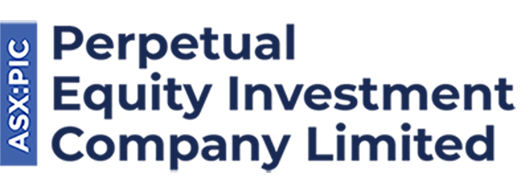
Running a company can require a great deal of money and this is typically raised by taking on debt or offering equity in the business. The term “capital raising” therefore refers to listed companies issuing more shares at a fixed share price to existing and/or new investors to fund its activities. Examples of why companies may need to raise money include adding cash to the balance sheet, funding the growth of new projects or acquisitions.
There are various types of capital raisings including:
- Placement – when a company issues shares directly to professional or sophisticated investors (as defined by the Corporations Act 2001).
- Pro-rata entitlement offer – when a company offers existing shareholders (by the record date) the chance to buy more shares on a pro-rata basis. For example, the opportunity to buy one new share for every two shares they currently own. The entitlement offer can be renounceable or non-renounceable. A renounceable pro rata entitlement offer means shareholders can trade or sell their “entitlement” or “right” to buy shares in the capital raising to other investors.
- Share purchase plan (SPP) – when existing shareholders are eligible to buy a maximum amount of shares at a pre-determined price without incurring brokerage or transaction costs. SPPs are typically offered to retail investors and may be offered in conjunction with a placement to institutional investors as part of a company’s capital raising.
Typically, companies will sell the shares in the capital raising at a discount to the company’s current share price. This makes the offer more attractive for shareholders to participate in the capital raising.
When a company announces a capital raising, they will indicate the maximum number of shares to be issued and the maximum amount of money they aim to raise. The company will also announce whether the capital raising will be underwritten. This refers to another party – usually an investment bank or broker- agreeing to buy any unsold shares in the capital raising offer for an agreed-upon fee.
The Perpetual Equity Investment Company (PIC) is a listed investment company that invests in an actively managed portfolio of Australian securities with typically a mid-cap focus and global listed securities. This means PIC is able to participate in capital raisings where it is a shareholder of the listed company that has announced a capital raising. As a listed company itself, PIC can also announce a capital raising to increase the size of its LIC to fund investment opportunities consistent with PIC’s investment strategy.
